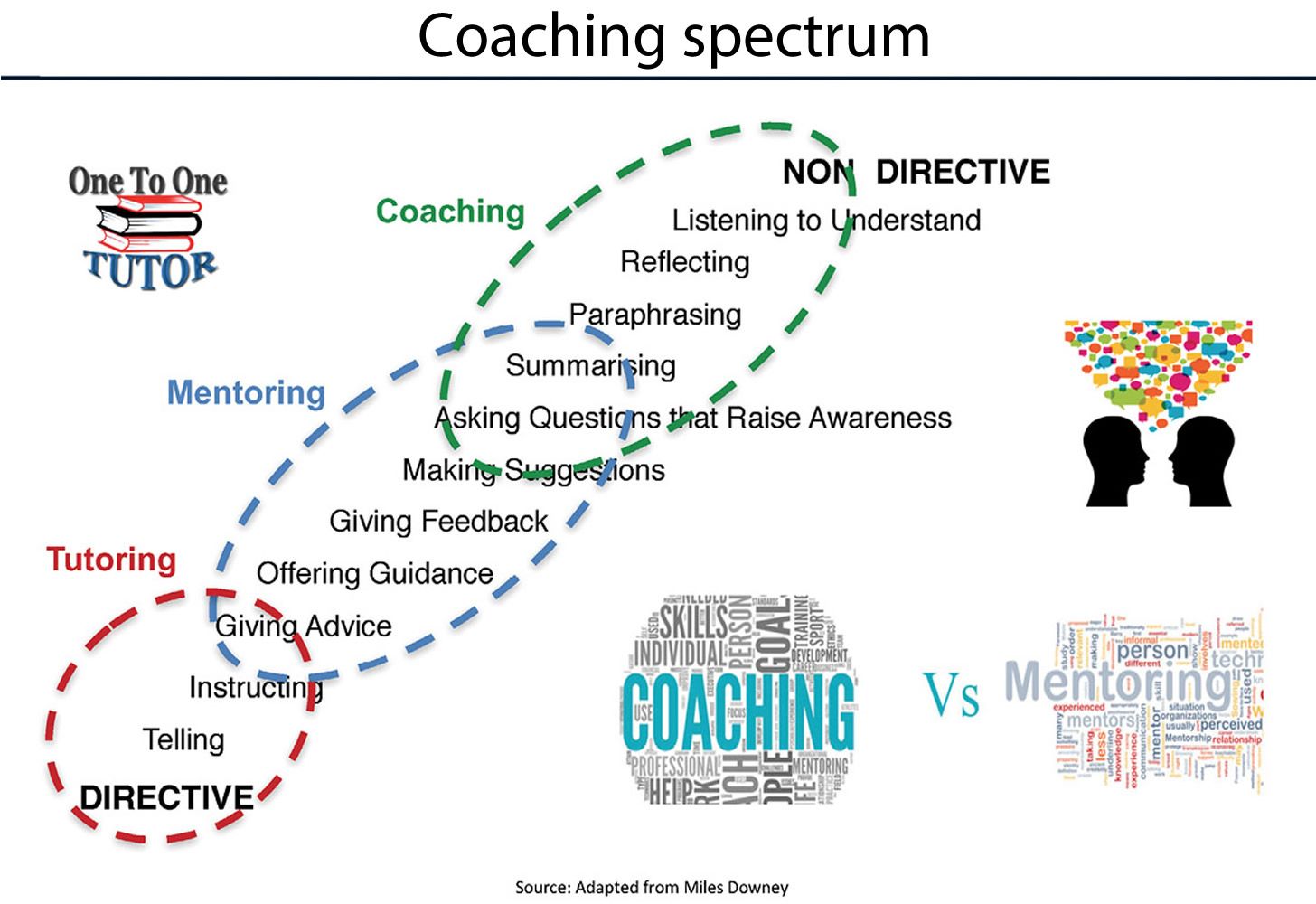
Do you ever wonder what experiences shape your educational beliefs and values? Andrea Stringer writes that her experience with a mentor as an early career teacher proves that mentoring and coaching are invaluable.
The expertise within our schools is an untapped resource of professional learning. Although I had attained my teaching degree from an Australian university, it was Washington where I was first accredited.
After I finished my practicums and completed the accreditation process, I found myself suddenly transferred to California, which meant a completely new process and accreditation system. Fortunately, as a beginning teacher in California, I was provided a state funded mentor during my first two years of teaching. The trained mentor was not associated with your school, which provided a more diverse perspective and less school bias.
The program was created to develop and retain more effective teachers. You met weekly or fortnightly with your mentor and also attended university accredited workshops. The relationship with my mentor was unique and valuable. We both had the same goal: to work together to acquire my California teaching credential and become a more effective teacher. I am an advocate for coaching in schools because I had a positive experience and believe in this supportive process.
Performance coaching
In various professions and fields such as sports, business and psychology, coaching is predominantly utilised to enhance performance. Coaching is becoming increasingly popular in education as it offers teachers authentic support and personalised professional learning, which has not been a priority in the traditional professional learning models. With many broad definitions, it is important to establish my definition of mentoring and coaching.
Anyone could learn the process of coaching by either following a framework or steps but I think it takes more than simply applying conceptual and procedural knowledge. Some would say it is a ‘mindset’, others may say it is a ‘way of being’. I would say it is in your character and your convictions. To me, coaching is a belief and faith in another’s ability and capacity for growth. I view coaching as a process that provides autonomy (coachee has a sense of choice), relatedness (coachee has a sense of belonging) and competence (coachee has the perception that they possess adequate ability).
Self Determination Theory posits that human motivation is influenced by the support of three psychological needs of autonomy (choice and control), competence (success and optimal challenge) and relatedness (social connection) (Deci & Ryan, 1985; 2016). When experiences are supportive of these needs, a teacher will in turn be more motivated and/or self-determined toward their profession (Deci & Ryan, 2016). Teacher accountability is considered an important method in the improvement of teacher effectiveness and student outcomes. To develop effective teachers, the NSW Education Standards Authority (NESA) requires all teachers to be accredited by 2018. Additionally, teachers are mandated to obtain 100 hours of professional learning within the following five years. Does compliance facilitate the highest levels of motivation? I believe coaching can contribute positively to the social and emotional wellbeing of the teachers, while facilitating their professional learning.
Talking not telling
Coaching is not about telling teachers they need to improve or how to improve. Instead, it is the process of having one to one conversations that focus on developing the educator’s learning through increasing self awareness. A coach, through questioning, actively listening and challenging the coachee in a supportive and encouraging environment, facilitates self directed learning of the teacher (van Nieuwerburgh, 2012). Like students, teachers are complex and diverse. Coaching is personalised. It effectively integrates into the educational context where one size does not fit all. Coaching allows teachers to take responsibility for their choices and provides teachers with agency or autonomy in their educational context. This coaching relationship must be built on trust.
Coaches are not the experts employed to solve problems or fix things. Neither are they the rescuer employed to cover classes, analyse data, or write teaching programs. Coaching is a partnership based on trust. Trust is essential in all relationships but in coaching it needs to be established, protected and held in the highest regard. Without trust, a coach has little influence over the professional growth of a teacher, and ultimately, student achievement. When a coach works with a teacher, it is because they care about the teacher, their practice and their students.
As a coach, my intention is to support and guide teachers to develop or sustain their expert skills in teaching. For a teacher, it takes courage to share their thoughts, practices and beliefs about education, let alone invite me into their classroom to observe student learning. Being willing to receive feedback about their professional performance, confirms their desire to improve. This demonstration of vulnerability illustrates their trust in me.
This opt in approach to professional learning provides the opportunity to receive coaching and offers teachers the opportunity to self determine their learning. Coaches understand that teachers know their students best and work in partnership with the teachers to determine goals, decisions and also celebrate successes. Coaches question to clarify the goals of the teacher while providing additional support if needed. In my experience, learning from someone you trust lowers any apprehension of trying something new.



































































































































